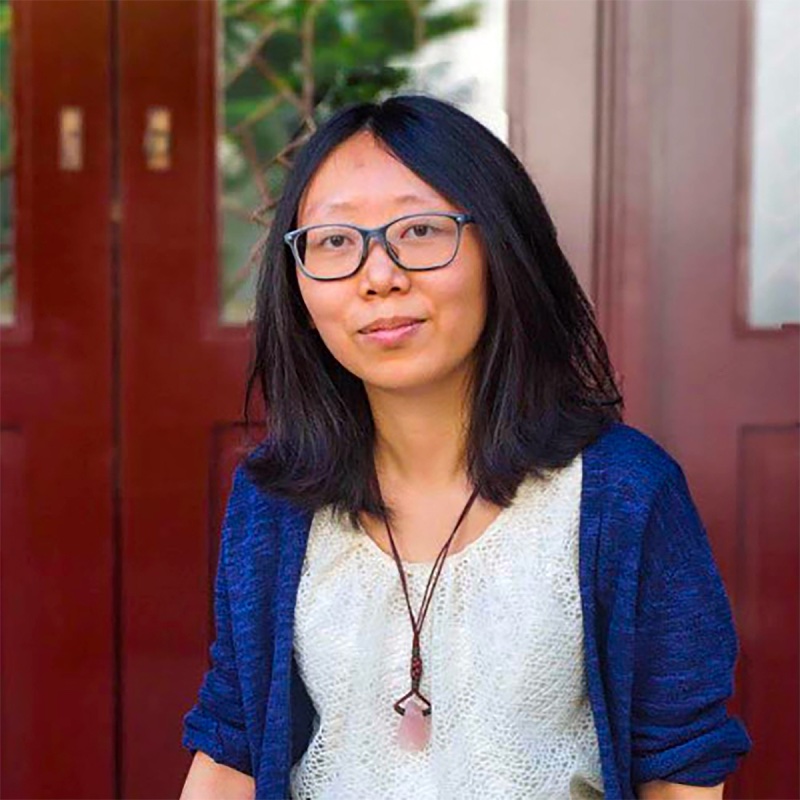
The British Museum has reached a settlement agreement with translator Yilin Wang over their unauthorised use of Wang’s translations of poems by Qiu Jin in the exhibition China’s Hidden Century: 1796–1912, which opened this May.
It is a victory for Wang after two months of campaigning. She was able to crowdfund over £17,000 to retain legal representation and file a claim against the British Museum in the Intellectual Property Enterprise Court (IPEC).
Wang’s translations were included in a video presentation and exhibition signage, and published in a catalogue accompanying the exhibition. The show included 300 works and was the result of a four-year research project by its organisers – British Museum Chinese ceramics curator Jessica Harrison-Hall and University of London modern Chinese history professor Julia Lovell – who received a grant of more than £719,000 from the UK Arts and Humanities Research Council.
The British Museum has admitted that it used Wang’s translations without permission, credit or compensation. Under the terms of the settlement, the museum offered an apology and payment, and committed to making an additional donation matching their license fee payment to support translators of Chinese poetry. The museum will now reinstate Wang’s translations in the exhibition, having initially removed them in response to her complaint. Their decision to remove the translations was also heavily criticised by Wang, who argued that it rendered the poems inaccessible to many visitors while not offering her the compensation she was entitled to.
The case represents a breakthrough in the recognition of the often-invisible work of translators within an exhibition context. The British Museum issued a press statement on 4 August stating that it ‘currently does not have a policy specifically addressing the clearance of translations and, as part of its review, will ensure that translations are specifically addressed in its clearances policies and that translators are appropriately credited in future’. The museum has committed to completing this review by the end of the year.